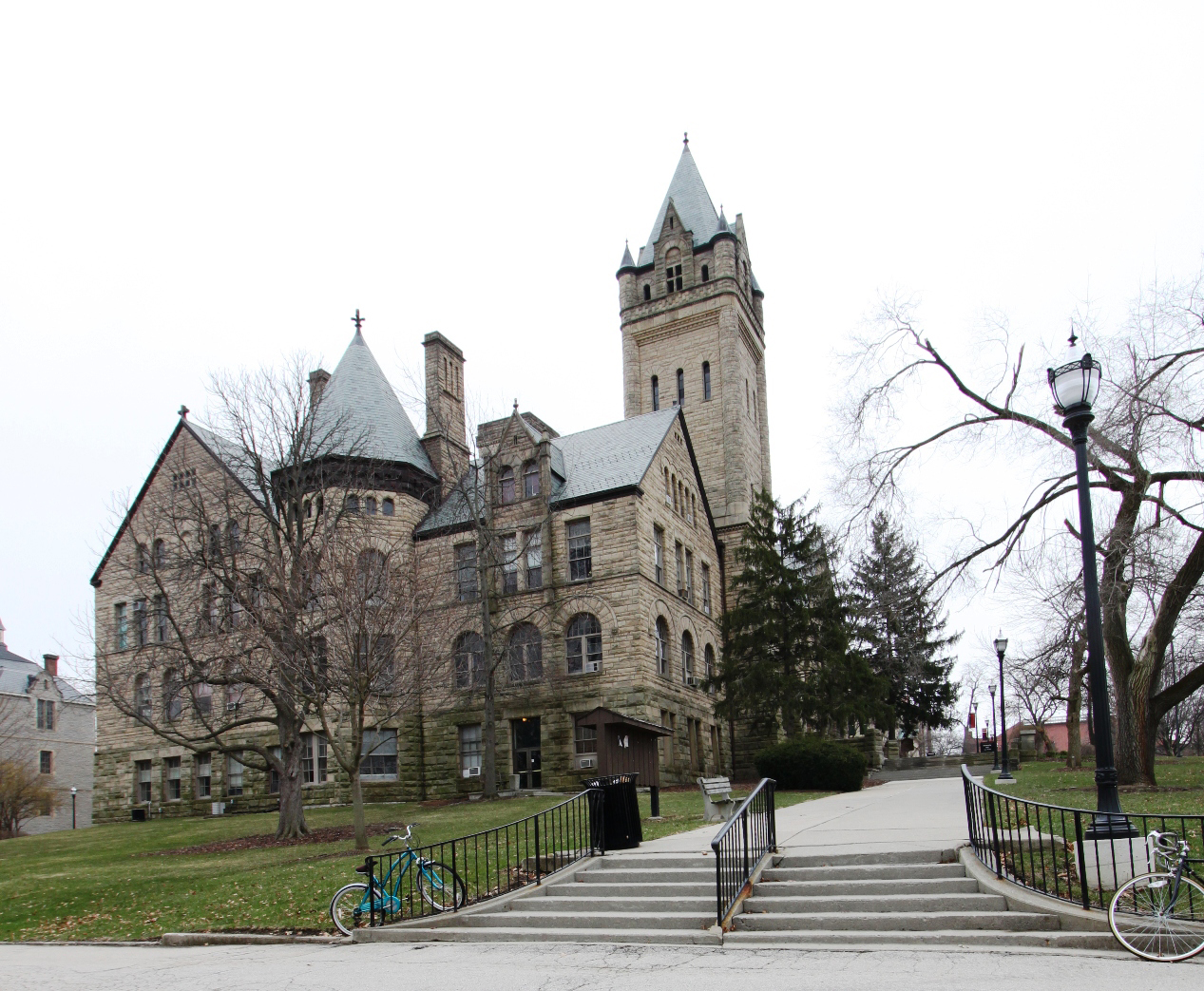Kevin Truong: Offensive statements should not be shut down, but start conversations

Student activists at Wesleyan University sent angry letters calling for the student government to defund The Wesleyan Argus, the university’s student newspaper, after the publication ran a op-ed criticizing the Black Lives Matter movement.
(Creative Commons Photo by OZinOH via Flickr)
By Kevin Truong
Oct. 1, 2015 1:54 a.m.
Students at Wesleyan University, the prototypical liberal arts college tucked away in a quaint small town, are raging against their student newspaper, sending angry letters and calling for mass boycotts.
In the op-ed published in The Wesleyan Argus, Bryan Stascavage bashed the Black Lives Matter movement for creating an environment where violence against police is more acceptable and asked whether it had “the potential for positive change.”
However, he also added that a few extremists should not define the movement and supported its larger goals of police transparency and accountability.
Because of this, the student government of the college is being urged to defund the newspaper, not for a blantant disregard for journalistic mission or a libelous attack on a vulnerable student, but rather because the publication simply decided to publish an opinion article about the Black Lives Matter movement that a vocal segment of students happened to disagree with.
The uproar at Wesleyan is a microcosm of a larger and concerning trend that is emerging on colleges and universities, the stifling of free speech for the simple fact that it offends some portion of the campus population.
It’s true that part of the basic responsibility of the university is to make sure that students feel safe. However, comfort has to be made distinct from safety.
Backlash against offensive speech is not an original concept. A wave of “political correctness” swept through colleges in the late ’80s and ’90s. At the University of Michigan for example, a restrictive speech code was enacted in 1988 to prevent discriminatory speech, before it was struck down a year later for violating the First Amendment.
More recently, Northwestern University Professor Laura Kipnis was subject to a Kafkaesque Title IX investigation after publishing a piece on sexual relationships between faculty and students. University of Michigan student Omar Mahmood had his apartment vandalized because of a satirical article. And Steven Salaita’s offer of a tenured position by the University of Illinois was rescinded because of controversial tweets about the Israeli-Palestinian conflict.
Some cases closer to home include the sit-in in law Professor Val Rust’s classroom and the University of California guidelines on microaggressions that raised a hooplah among free speech advocates.
There has been a shift in the present conversations about offensive speech.
The desire not to offend has given way to a contemporary sociological system where personal affront takes precedent. In this new era of “empathetic correctness,” emotional arguments sometimes reign as fact, meaning that “This makes me feel bad” can be equivalent to “This is bad, and needs to be silenced.”
To be sure, the scourge of the overly offended student is in many cases overblown. The easy “get off my lawn” idea about students who are too easily offended has been fixated on by middle-aged commentators likely more than a decade removed from the lush green of the college quad.
But to say it is nonexistent is not exactly accurate either. The slate of incidents that has emerged seems to indicate that there is some deeper movement afoot.
The concept is embedded enough in the popular culture to make it as a major plot point in the opening episode of South Park’s 19th season, where a character called PC Principal comes in and resorts to violent action in order to quell the outrageous statements that slip out of the mouths of South Park Elementary School students.
Oftentimes nowadays, bad arguments are shut down, not with sound logic and fact-based reasoning, but by devolving to identity politics or by labeling it as offensive. A blunt rhetorical beat-down analogous to what happened to Eric Cartman, cuts off lines of questioning and inquiry as well as shuts down a possibly productive conversation by attacking a person’s ability to even take part in it.
Because while it’s obvious that arguments and experience are informed by background and personal history, to reject an idea outright simply based on the identity of the person making seems anathema, especially in a college setting.
Free speech, which is easy to defend when it is something that is generally agreed upon, becomes a bit harder to support when the views expressed are disagreeable, controversial or even abhorrent. But this is exactly when an adherence to our values is most defining.
A higher education institution has the express purpose of being uncomfortable in a good way; it tests limits, pushes against boundaries and challenges opinions. Creating an environment where the free exchange of ideas is supported wholeheartedly is vital to that purpose.
When a statement is deemed offensive, the response cannot be to simply shut it down, but instead to ask questions, seek answers and to explore something more integral to the idea of higher education – actually learning something.


